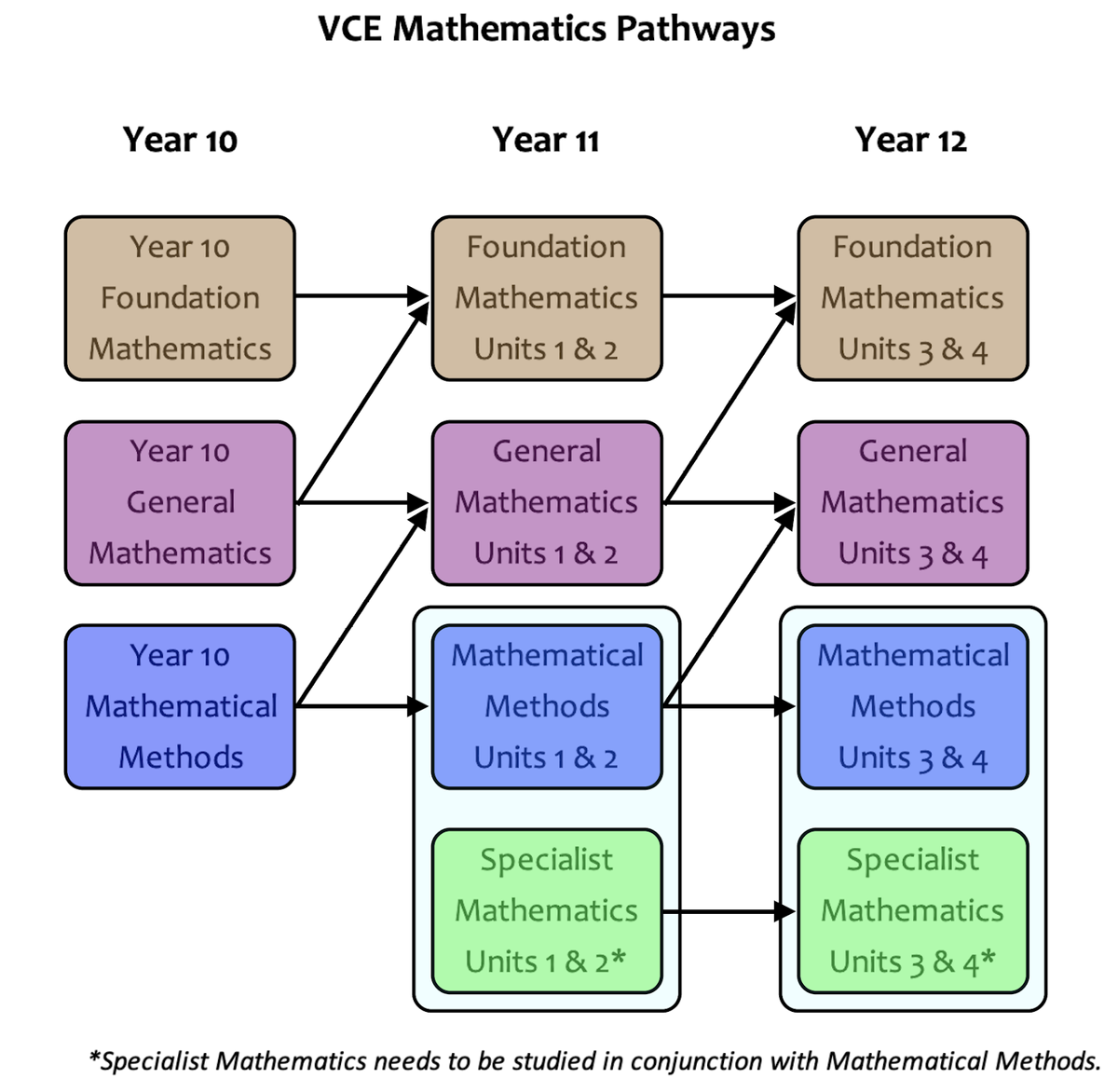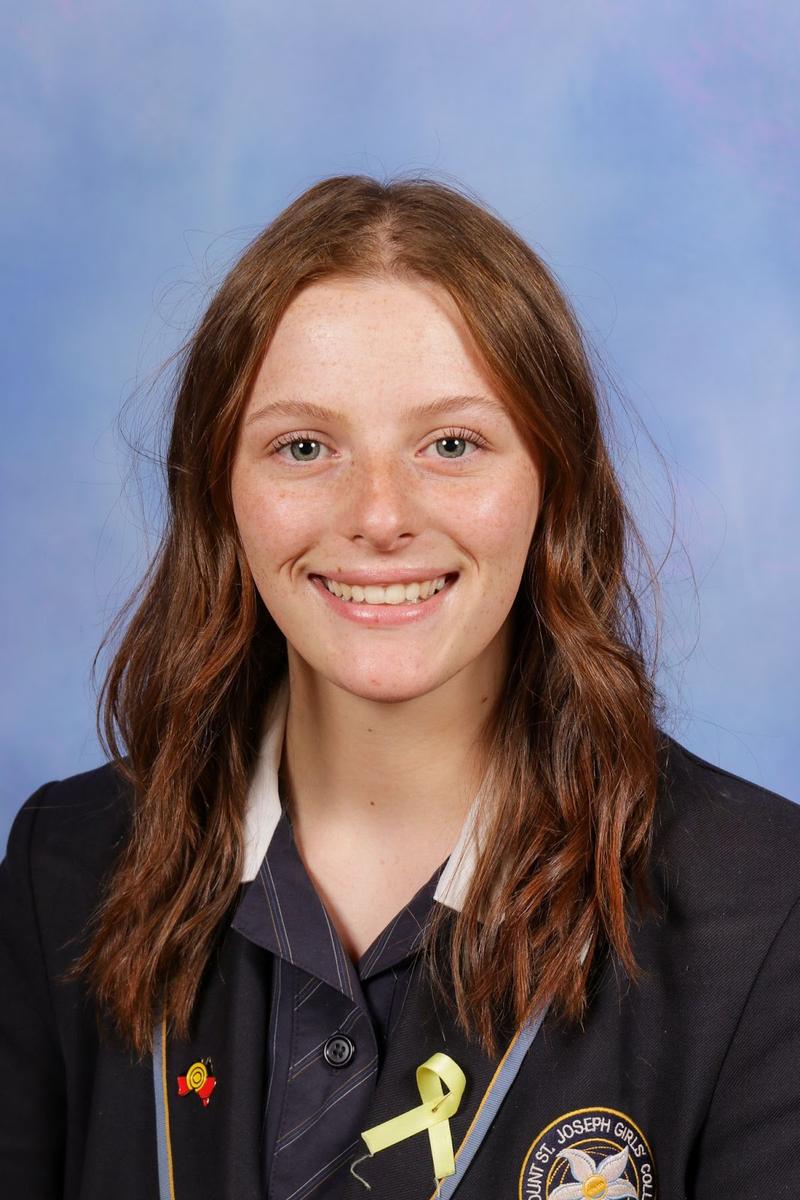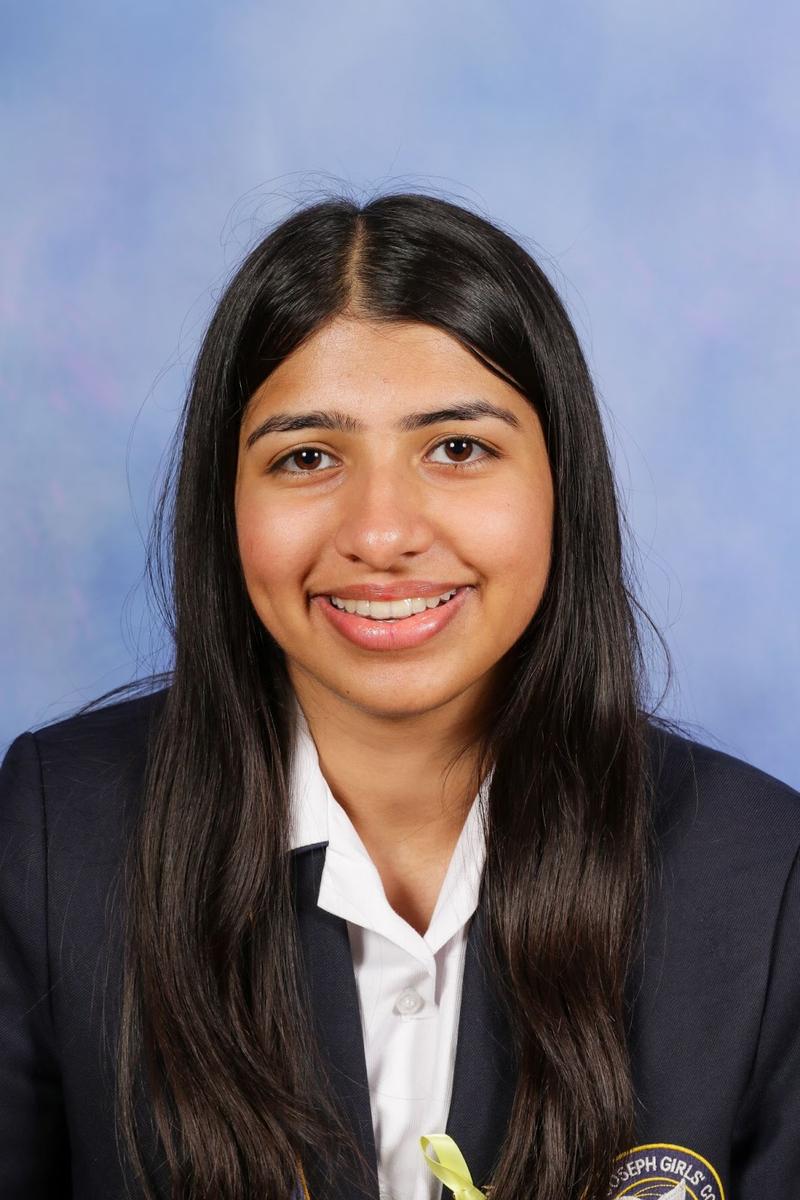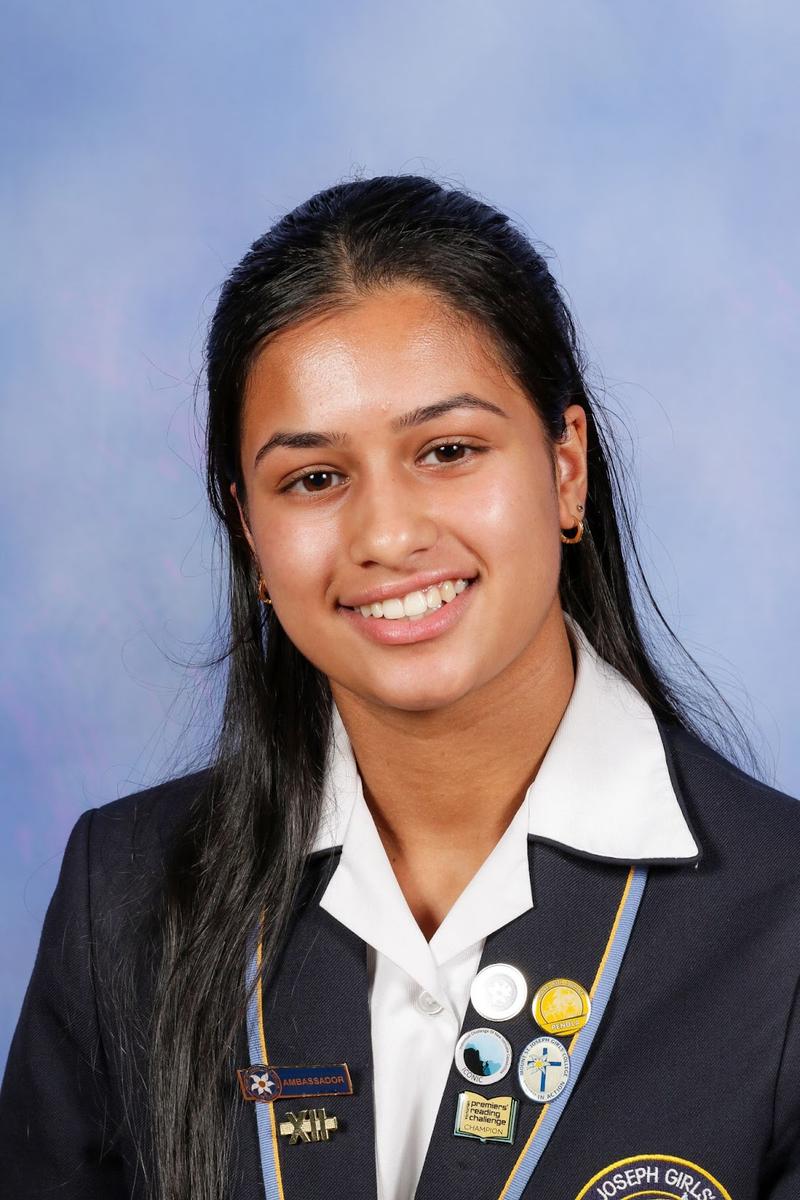Mathematics

- Foundation Mathematics
- General Mathematics
- Mathematical Methods
- Specialist Mathematics
When selecting your Mathematics studies for VCE you need to consider the following points.
- VCE Mathematics studies continue and build on the work you have done in the previous years of schooling. You need to have a sound understanding of Graphs, Algebra, Geometry, Trigonometry, Statistics and Probability as studied in Year 10.
- Well-established habits of regular study in the subject provide the basis for selection of Mathematics studies at VCE.
- You need to have a strong desire to further your knowledge in Mathematics, thus complementing your studies in the sciences and other relevant areas.
- Students who have had difficulty with Year 10 Mathematics will most likely find VCE Mathematical Methods even more difficult. Such students may find it more appropriate to take VCE General Mathematics or Foundation Mathematics, or discontinue their study of Mathematics.
- All students selecting General Mathematics, Mathematical Methods or Specialist Mathematics at VCE must have a TI-Nspire CX CAS or TI-Nspire CX II CAS calculator.
- All students selecting Foundation Mathematics at VCE must have a scientific calculator.
- Mathematics is not a compulsory study at VCE.
- If you select to study Mathematics at VCE you can choose one or two mathematics studies each year.
Combinations of VCE Mathematics Units | |
|---|---|
Units 1 and 2 | Units 3 and 4 |
| Foundation Mathematics | Foundation Mathematics |
| General Mathematics | General Mathematics or Foundation Mathematics |
| Mathematical Methods | Mathematical Methods or General Mathematics |
| General Mathematics and Mathematical Methods | General Mathematics and Mathematical Methods |
| Mathematical Methods | Mathematical Methods and Specialist Mathematics* |
| Mathematical Methods and Specialist Mathematics | Mathematical Methods and Specialist Mathematics |
| Mathematical Methods and Specialist Mathematics | General Mathematics, Mathematics Methods and Specialist Mathematics |
*For this combination of units, students will need to undertake some supplementary study with respect to assumed knowledge and skills for Specialist Mathematics Units 3 and 4.
Description
Mathematics is the study of function and pattern in number, logic, space and structure, and of randomness, chance, variability, and uncertainty in data and events. It is both a framework for thinking and a means of symbolic communication that is powerful, logical, concise and precise. Mathematics also provides a means by which people can understand and manage human and natural aspects of the world and interrelationships between these. Essential mathematical activities include conjecturing, hypothesising and problem-posing; estimating, calculating, computing and constructing; abstracting, proving, refuting and inferring; applying, investigating, modelling and problem-solving.
Foundation Mathematics
| Subject Entry Information | Complementary Subjects | Types of Assessment |
|---|---|---|
|
|
|
Georgie Meager- I chose it because I knew i wanted to do a math, but always struggled with regular math, this was a good way to continue doing math but with more applied learning. A lot of it is things that have most likely been learnt in previous years, so its not learning a whole lot of new content every lesson. Most of the lessons are easily applicable to real life scenarios. The sacs that we do are mostly investigation tasks which can be a bit harder and can be longer than regular test style sacs. I never used to be very good at maths, and didn’t enjoy it, but this subject is honestly useful as it able to be applied to real life situation. I would encourage you to do this subject if you're unsure about taking general math.
Foundation Mathematics provides for the continuing mathematical development of students with respect to problems encountered in practical contexts in everyday life at home, in the community, at work and in study.
Watch the video testimonial here:
Units 1 and 2:
Foundation Mathematics Units 1 and 2 focus on providing students with the mathematical knowledge, skills, understanding and dispositions to solve problems in real contexts for a range of workplace, personal, further learning, and community settings relevant to contemporary society. They are also designed as preparation for Foundation Mathematics Units 3 and 4 and contain assumed knowledge and skills for these units. The areas of study for Units 1 and 2 are ‘Algebra, number and structure’, ‘Data analysis, probability and statistics’, ‘Discrete mathematics’, and ‘Space and measurement’.
Units 3 and 4:
Foundation Mathematics Units 3 and 4 focus on providing students with the mathematical knowledge, skills and understanding to solve problems in real contexts for a range of workplace, personal, further learning, community and global settings relevant to contemporary society. The areas of study for Units 3 and 4 are ‘Algebra, number and structure’, ‘Data analysis, probability and statistics’, ‘Discrete mathematics’ and ‘Space and measurement’.
General Mathematics
| Subject Entry Information | Complementary Subjects | Types of Assessment |
|---|---|---|
|
|
|
Stella Rubino - I choose this subject as I feel as though Math is an important area of study. Math is used everyday and is an important skill to understand and learn. It also compliments my subjects that I am currently undertaking (business subjects) I enjoy the challenge of solving maths problems and integrating the things I have learnt into everyday life. I get an immediate satisfaction as there is always an answer to a question. Some questions can be challenging as they aren't seen everyday like matrices. Some advice that I would give to other students is to put in the effort and you will be rewarded. To also ask questions if you arent sure. Complete practice questions for revision.
General Mathematics provides for the study of non-calculus and discrete mathematics topics. They are designed to be widely accessible and provide preparation for general employment, business or further study, in particular where data analysis, recursion and financial modelling, networks and matrices are important.
Watch the video testimonial here:
Units 1 and 2:
General Mathematics Units 1 and 2 cater for a range of student interests, provide preparation for the study of VCE General Mathematics at the Units 3 and 4 level and contain assumed knowledge and skills for these units. The areas of study for Units 1 and 2 are ‘Data analysis, probability and statistics’, ‘Algebra, number and structure’, ‘Functions, relations and graphs’ and ‘Discrete mathematics’.
Units 3 and 4:
General Mathematics Units 3 and 4 focus on real-life application of mathematics and consist of the areas of study ‘Data analysis, probability and statistics’ and ‘Discrete mathematics’. Unit 3 comprises Data analysis and Recursion and financial modelling, and Unit 4 comprises Matrices and Networks and decision mathematics.
Mathematical Methods
| Subject Entry Information | Complementary Subjects | Types of Assessment |
|---|---|---|
|
|
|
Jehqa Kang - I chose Mathematical Methods as it was a prerequisite for some of the university courses I was interested in. I also enjoy collaborating with peers and being challenged with application questions and tasks. Take this subject if you love maths. To succeed, there is a need to do a lot of homework and study. The pace of the course is much faster than what we are used too.
Mathematical Methods provides for the study of simple elementary functions, transformations and combinations of these functions, algebra, calculus, probability and statistics, and their applications in a variety of practical and theoretical contexts. They also provide background for further study in, for example, science, technology, engineering and mathematics (STEM), humanities, economics and medicine.
Watch the video testimonial here;
Unit 1 & 2:
Mathematical Methods Units 1 and 2 provide an introductory study of simple elementary functions of a single real variable, algebra, calculus, probability and statistics and their applications in a variety of practical and theoretical contexts. The units are designed as preparation for Mathematical Methods Units 3 and 4 and contain assumed knowledge and skills for these units. The areas of study for Units 1 and 2 are ‘Functions, relations and graphs’, ‘Algebra, number and structure’, ‘Calculus’ and ‘Data analysis, probability and statistics’.
Unit 3 & 4:
Mathematical Methods Units 3 and 4 extend the introductory study of simple elementary functions of a single real variable, to include combinations of these functions, algebra, calculus, probability and statistics, and their applications in a variety of practical and theoretical contexts. Units 3 and 4 consist of the areas of study ‘Algebra, number and structure’, ‘Data analysis, probability and statistics’, ‘Calculus’, and ‘Functions, relations and graphs’.
Specialist Mathematics
Subject Entry Information | Complementary Subjects | Types of Assessment |
|---|---|---|
|
|
|
Avneet Kaur- I chose this subject to challenge myself and develop my skills in mathematics. Our classes are very small therefore we are able to form good collaborative relationships which I found extremely beneficial during Year 12. I find it challenging to balance specialist maths with other subjects because it can be time consuming to keep up to date although it is rewarding in the end. Manage your time wisely and to understand that this is a subject that requires a lot time and effort but it is worth it and students should definitely give it a try if they are keen to advance in maths. Only choose this subject if you love maths and have adequate ability.
Specialist Mathematics provides for the study of various mathematical structures, reasoning and proof. The areas of study of Specialist Mathematics extend content from Mathematical Methods to include rational and other quotient functions as well as other advanced mathematics topics such as logic and proof, complex numbers, vectors, differential equations, kinematics, and statistical inference. They also provide background for advanced studies in mathematics and other STEM fields.
Watch the video testimonial here:
Units 1 and 2:
Specialist Mathematics Units 1 and 2 provide a course of study for students who wish to undertake an in-depth study of mathematics, with an emphasis on concepts, skills and processes related to mathematical structure, modelling, problem-solving, reasoning and proof. This study has a focus on interest in the discipline of mathematics and investigation of a broad range of applications, as well as development of a sound background for further studies in mathematics and mathematics related fields. The areas of study for Units 1 and 2 are ‘Algebra, number and structure’, ‘Data analysis, probability and statistics’, ‘Discrete mathematics’, ‘Functions, relations and graphs’ and ‘Space and measurement’.
Units 3 and 4:
Specialist Mathematics Units 3 and 4 consist of the areas of study: ‘Algebra, number and structure’, ‘Calculus’, ‘Data analysis, probability and statistics’, ‘Discrete mathematics’, ‘Functions, relations and graphs’, and ‘Space and measurement’. The development of course content should highlight mathematical structure, reasoning and proof and applications across a range of modelling contexts with an appropriate selection of content for each of Unit 3 and Unit 4.
Specialist Mathematics Units 3 and 4 assumes familiarity with the key knowledge and key skills from Mathematical Methods Units 1 and 2; the key knowledge and key skills from Specialist Mathematics Units 1 and 2; and concurrent study or previous completion of Mathematical Methods Units 3 and 4.
Assessment:
Units 3 and 4
Percentage contributions to the study score in VCE Mathematics for Units 3 and 4 are as follows:
Foundation Mathematics
- Unit 3 School-assessed Coursework: 40%
- Unit 4 School-assessed Coursework: 20%
- Units 3 and 4 Examination: 40%
General Mathematics
- Unit 3 School-assessed Coursework: 24%
- Unit 4 School-assessed Coursework: 16%
- Units 3 and 4 Examination 1: 30%
- Units 3 and 4 Examination 2: 30%
Mathematical Methods
- Unit 3 School-assessed Coursework: 20%
- Unit 4 School-assessed Coursework: 20%
- Units 3 and 4 Examination 1: 20%
- Units 3 and 4 Examination 2: 40%
Specialist Mathematics
- Unit 3 School-assessed Coursework: 20%
- Unit 4 School-assessed Coursework: 20%
- Units 3 and 4 Examination 1: 20%
- Units 3 and 4 Examination 2: 40%




